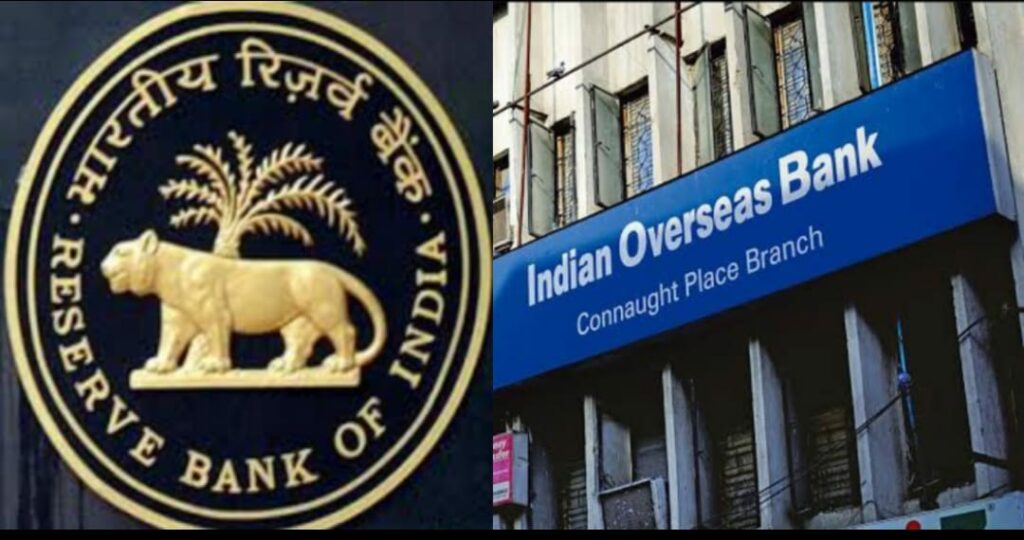The Reserve Bank of India (RBI) has imposed a monetary penalty of Rs 2.20 crore on Indian Overseas Bank (IOB) for violating various rules and regulations. The penalty was imposed due to the bank’s failure to make a minimum mandatory transfer of a sum equivalent to 25 percent of its disclosed profit and a significant divergence between the non-performing assets (NPAs) reported by the bank and those assessed during inspection.
Failure to Transfer Mandatory Amount to Reserve Fund
One of the reasons for the penalty on IOB is its failure to make the minimum mandatory transfer of a sum equivalent to 25 percent of its disclosed profit for the year 2020-21 to its reserve fund. As per regulatory requirements, banks are mandated to transfer a certain portion of their profits to their reserve funds to ensure financial stability and cushion against unforeseen losses. IOB’s non-compliance with this rule has resulted in the imposition of a penalty.
Buy Prime Test Series for all Banking, SSC, Insurance & other exams
Divergence in Non-Performing Assets Reporting
The RBI also found a significant divergence between the NPAs reported by IOB and the NPAs assessed during inspection. NPAs are loans and advances that have turned into defaults or are at risk of becoming defaults. Accurate reporting of NPAs is crucial for assessing a bank’s financial health and making informed decisions. The divergence in IOB’s NPA reporting suggests a discrepancy in the bank’s assessment of its asset quality. Such discrepancies undermine the credibility and reliability of financial statements.
Interest Rates for Non-Individual Depositors
Another violation identified by the RBI was that IOB offered interest rates on deposits of non-individual constituents at rates applicable to senior/super senior citizens in certain instances. Banks usually offer preferential interest rates to senior citizens as a welfare measure, but extending those rates to non-individual depositors goes against the intended purpose. Such practices can create an uneven playing field and have an impact on the overall financial system.
Failure to Implement Control Measures for ATMs
The RBI also found that IOB failed to implement control measures for ATMs relating to end-to-end encryption of communication between the ATM terminal/PC and the ATM Switch within the prescribed timelines. End-to-end encryption is a security measure designed to protect sensitive information during transmission. Failing to implement these measures exposes the bank and its customers to potential security risks, such as unauthorized access or data breaches.
RBI’s Actions and Conclusion
The RBI had sent two notices to IOB, requesting the bank to provide explanations as to why a penalty should not be imposed. After considering the bank’s replies to the notices, oral submissions made during the personal hearing, and examination of additional submissions, the RBI concluded that the charges of contravention and non-compliance were substantiated. Consequently, the RBI decided to impose a monetary penalty of Rs 2.20 crore on Indian Overseas Bank.
Also Read: Govt Approves Digital Communication Framework Between Banks and CEIB
Find More News Related to Banking




 Which City is known as the Science City ...
Which City is known as the Science City ...
 Which District of Punjab is known as the...
Which District of Punjab is known as the...
 Open-Source & Made for India: VoicER...
Open-Source & Made for India: VoicER...








